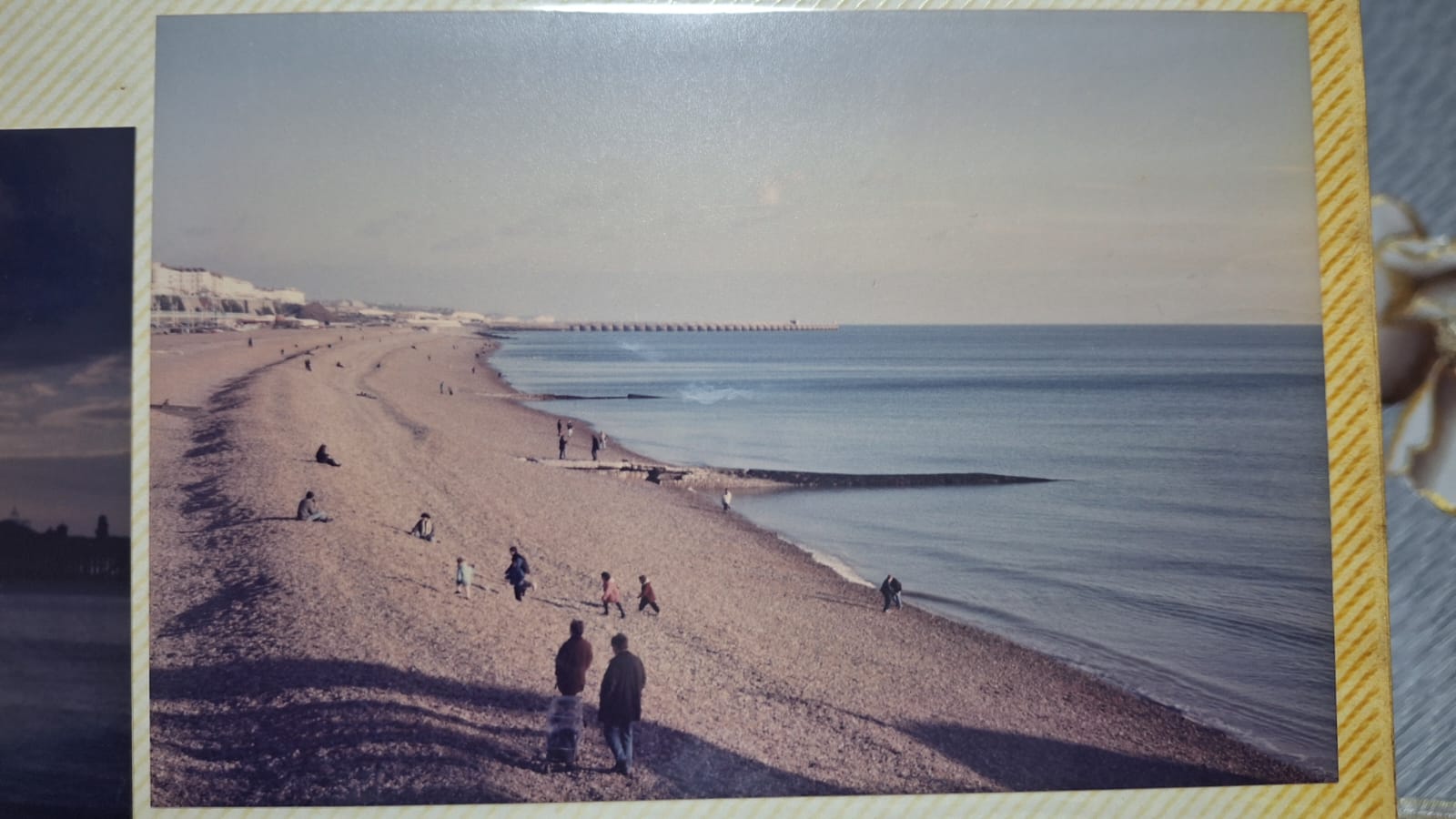Ever since the beginning of my second year in RP, I realised that I wanted to pursue something other than communications after graduating from polytechnic, as idiosyncratic as it may be given how much I enjoy communications.
I stumbled into Mass Communication serendipitously as a fresh secondary school graduate, not knowing what I wanted out of life, only that I wanted to write for the rest of my life, and communications seemed to be a way for me to do that and earn a decent stipend in the globalised world. After all, it is highly improbable for AI to replicate the emotional depth, intelligence, and sensibilities that good communication practitioners carry at their core.
I was rather enamoured by the different facets of communications, from visual communications to marketing and public relations, to journalism. The latter tickled my fancy from the very beginning of my journey as it seemed like a probable way of pursuing my dreams of writing for a living, and to this day I still stand by journalist ethics.
However, after going through the works of general, discipline, and specialisation modules, I realised that there’s more I want out of life than just writing other people’s stories, or promoting others’ causes.
TURNING POINT
Polytechnic provides a vocational-style pedagogy, with many of the modules offered being “how-tos” rather than theoretical. However, I found that the modules I enjoyed the most during my polytechnic life, other than the journalism-specific ones, were the few that focused on theory, or they explained the significance of doing something to achieve a certain result or to explain a phenomenon.
I see journalism as a medium, a vessel to communicate ideas, and I think that there’s more than I can learn about in this big blue marble that I can use my acquired communication skills to disseminate to the world.
I remember enjoying modules like Impact Journalism, where we investigate a social issue and explore how it relates to the different parties involved. Pairing that up with the Research Methods module, and I knew I wanted to enter the social sciences and do more investigating.
I wanted to do my own research and write about issues. I wanted these writings to be impactful enough to create changes to the structure because most social issues stem from the structure, and not necessarily the people themselves.
As I write this op-ed, I realise that I was in the Class of 24’s shoes last year — frantically applying to the three autonomous universities that I had been eyeing since day one of polytechnic. Fear and tears were my daily routine because I didn’t know if they would even accept me as a polytechnic student over other scholars out there, much less a polytechnic student who knew nothing of the social sciences.
I entertained the prospect of starting a whole new discipline from scratch and contemplated if I should go back to Communications because it was a comfort zone and I already had a decent foundation.
It was not an easy decision to allow myself to potentially veer off the path I was on. Still, eventually, I applied for three majors (Sociology, Psychology, and Communications) at NTU, where I now study, as well as the integrated interdisciplinary majors at the two other local universities. I accepted the offer for Sociology in the end, because I felt like it aligned with my interests in social issues, and I wanted a programme where I could start on my major from day one.
However, it was not all sunshine and rainbows after accepting the offer, because I was once again plagued by fear. I was worried that I would not be able to catch up in class because firstly, it is a whole new discipline, and I had never experienced a discipline that would go as rigorously and in-depth into social issues as a university course in the past (and no, social studies is not equivalent to Sociology).
Secondly, I had never experienced the lecture-tutorial format, and this was where I knew that some people may have an advantage over me.
Thirdly, I was worried about being among a group of brilliant minds who have been trained to inquire and challenge the status quo, whereas I was stumbling around, unclear of what to do with my life for a good 10 years before entering RP. I was never part of the upper echelon in my neighbourhood secondary school, and I was about to be surrounded by those who were, and those who went beyond that. I shook in my boots thinking about talking to those people, the people I now call my friends.
LESSONS LEARNT
It is beyond fine to find something else that you are interested in while studying your course. It might even benefit you more to try something else after graduating since you would be equipped with a unique set of skills and a fresh new perspective compared to others who are continuing with that route, or trying it for the first time.
I found myself referencing Herman and Chomsky’s Manufacturing Consent theory in one of my Sociology tutorials when we were discussing power and influence. As mentioned above, I continue to apply journalist ethics, especially when carrying out qualitative interviews when writing my papers. Your current discipline can give you an edge over others.
The fear of trying out new things and falling behind is completely natural. The important thing is to face your fears head-on, and you will have won half the race. Walk in with confidence and stay open-minded enough to take in new ideas.
Share your thoughts as it makes for a great learning experience for everyone. It is okay to say something irrelevant sometimes, but never irreverent.
You will never know how much you love or hate something until you try. I found my calling in something else, and I never would have realised that if I had not ventured out to try something else. Fear will always chip away at your conscience, but it’s on you to fight it.
In the words of Robert Frost: “I took the road less travelled by, and that has made all the difference.”






